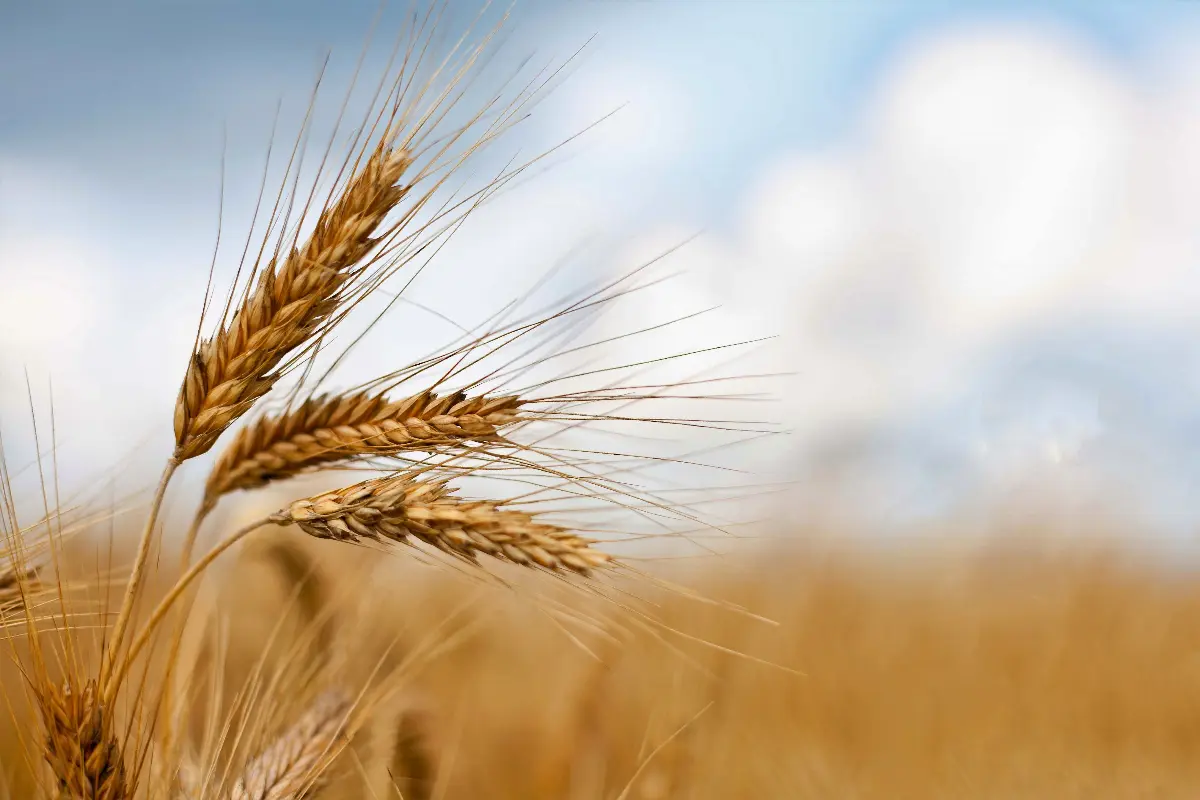
Do you want to access to this and other private contents?
Log in if you are a subscriber or click here to request service
Wheat: it is alarming about the drop in world production
Climate, war in Ukraine and Putin's blockade on fertilizers are weighing on them

The world grain harvest drops to 775 million tons due to the explosive mix of climate change and war that has cut sowing in Ukraine and spiked the cost of fertilizers, affecting global yields. This is the alarm on global food security launched by the UN and by Italian Prime Minister Mario Draghi . The result is a decline in global grain stocks which are expected to total 267 million tonnes, down for...
hef - 24819
EFA News - European Food Agency
EFA News - European Food Agency